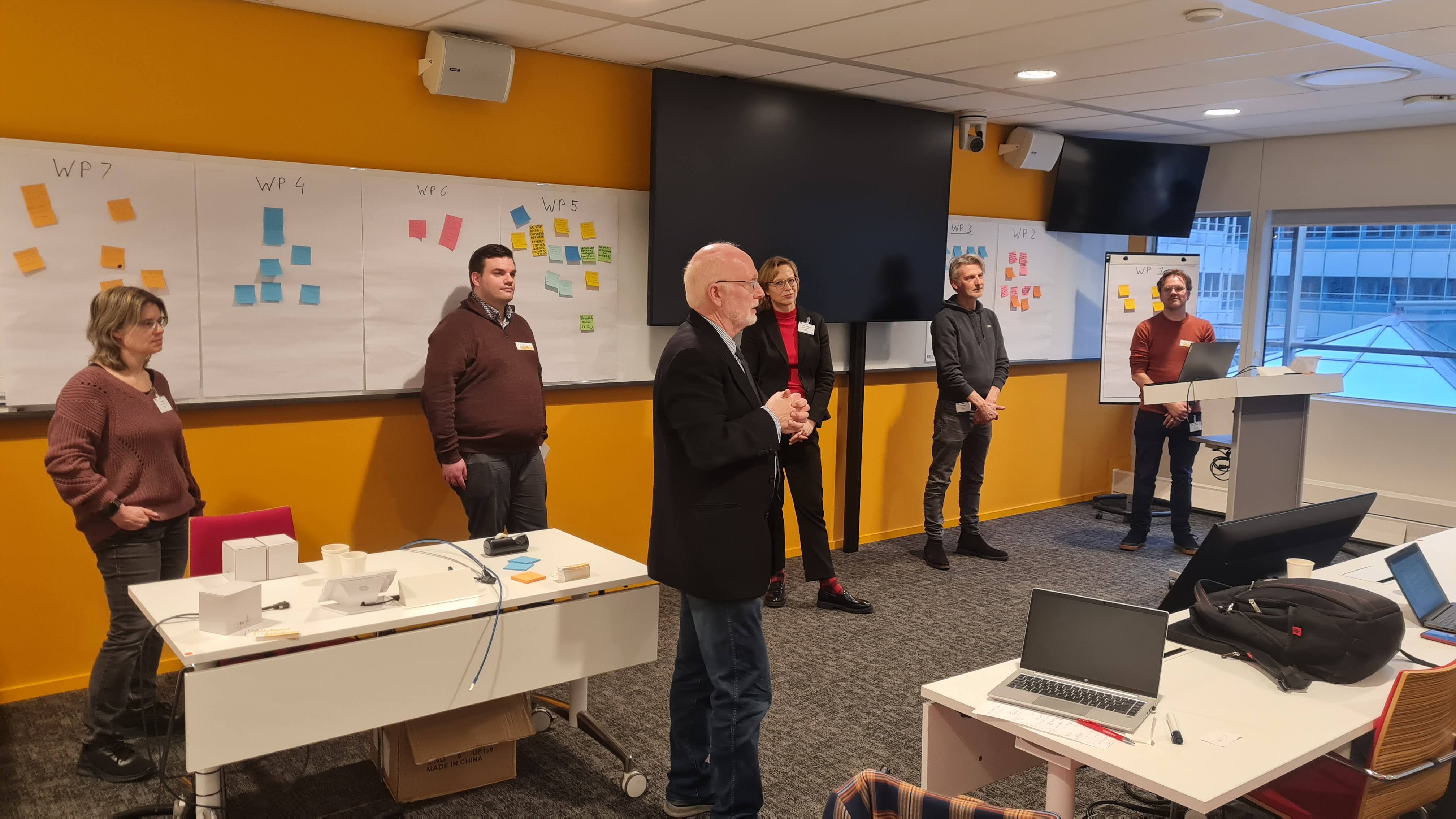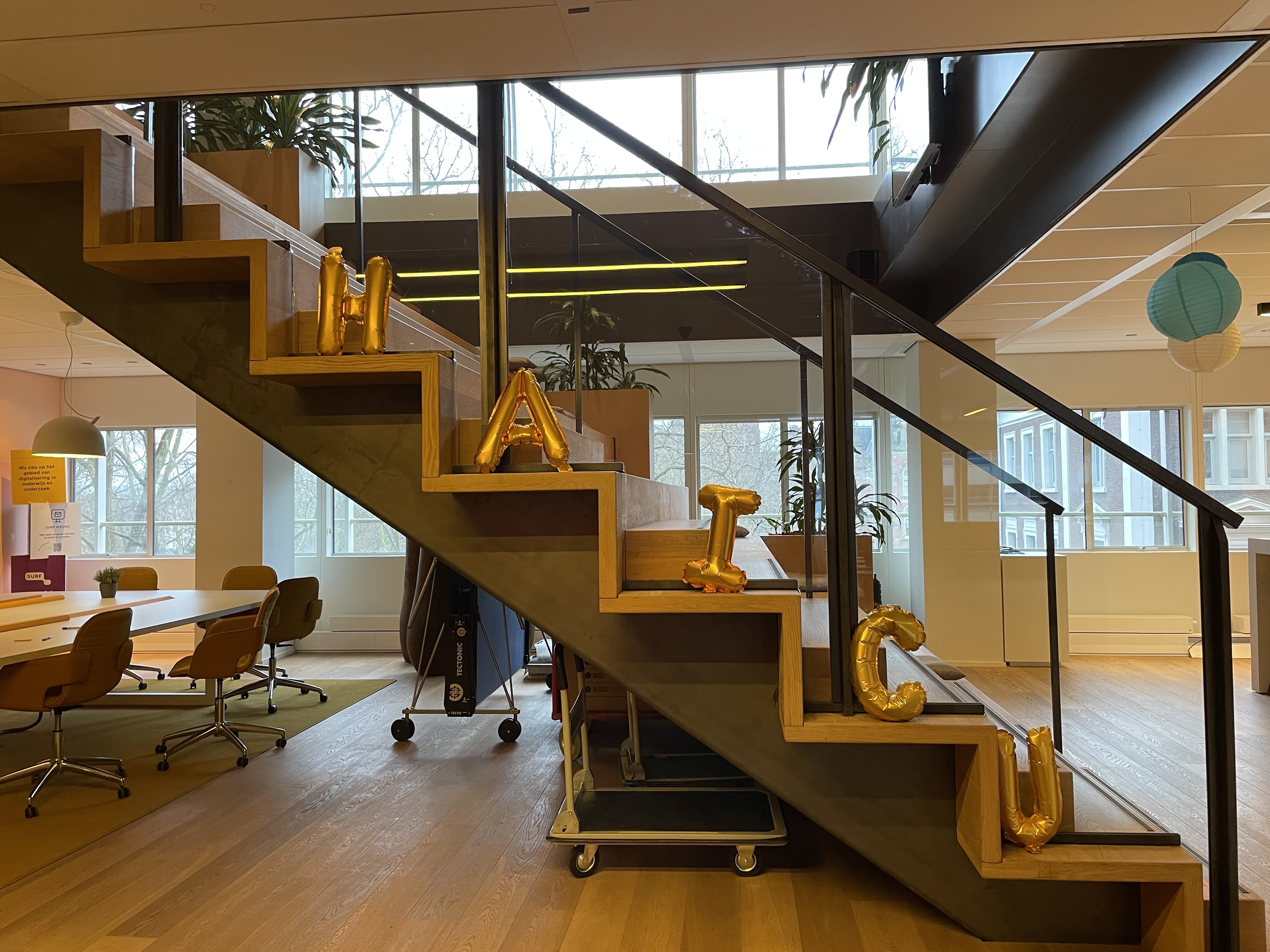The HAICu project was officially kicked off last Friday with a meeting for all stakeholders in Utrecht. Within the programme, which recently received a 10.3 million euro grant from the National Science Agenda, AI and Digital Humanities researchers, heritage professionals and interested citizens work together to use artificial intelligence tools to make heritage collections more accessible.
The HAICu consortium consists of various parties, including heritage institutions, colleges and universities. From the University of Groningen, the Jantina Tammes School of Digital Society, Technology & AI collaborates on the project, among others. During the meeting in Utrecht last Friday, the various work packages of HAICu were presented in more detail. There was also a panel discussion, where partners were challenged to ask provocative questions.
The heritage world is dealing with a seemingly incessant growth of data. Within HAICu, artificial intelligence tools are being developed to make collections easier and more searchable. Due to the extensive collaboration between heritage institutions, the concept of multimodality plays a major role within the project. With the help of generative AI, different collections are linked, such as Delpher's newspaper archive and Sound and Vision's audiovisual sources.
The great polyphony of different collections provides a multiplicity of perspectives, important at a time when people increasingly live in their own bubble. The wide range of sources, e.g. text, image and sound, helps to create a balanced narrative. An important part of the HAICu project are the 'Innovation labs'. These labs are set up so that a wide audience and specific target groups (including journalists) can test the tools being developed by the consortium's researchers.
This article was originally published at Jantina Tammes School of Digital Society, Technology and AI, University of Groningen, 6 February 2024.


